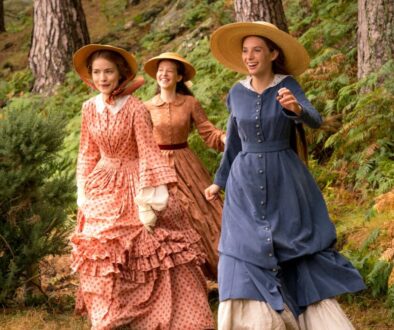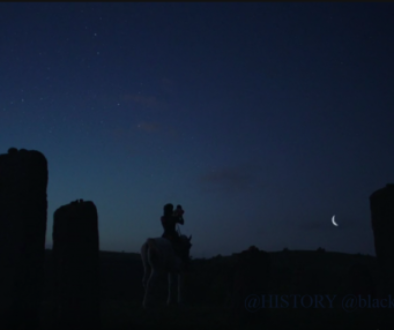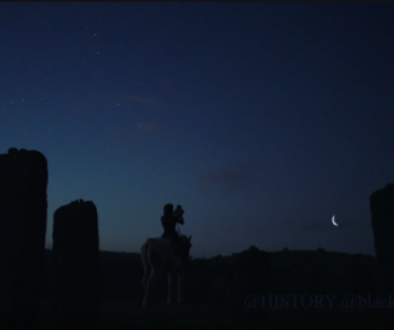PBS’ ‘Poldark’ Proves Remakes & Book Adaptations Can Succeed
(This article is a revision/update of an unpublished Columbia School of Journalism class assignment that was featured on TheOuterhaven.net on July 12, 2015

Nerds and geeks despite their differences in taste can agree on the following assumptions: first of all, your favorite book or comic will be ruined by adaptation for television or big screen. Secondly, remakes will take the best plots and characters from the original film or TV show and destroy them.
“Poldark”, the main summer series on PBS Masterpiece, destroys both of these assumptions. A powerful combination of masterful casting and adherence to the plot of the original novels are the keys to defying the common stereotypes of remakes and book adaptations. Another critical element is the revision of elements from the original television series that strayed considerably from the book.
Ross Poldark, a captain in the British army, returns home to Cornwall from the American Revolution only to find his world has been torn apart. His father died and left unpaid business debt behind. His girlfriend decided to marry his cousin based on the false report that he died. The estate is in shambles after years of weathering and maintenance failures. He must move on and build up a future despite the odds against his success.
This tale of family feuds, conflicted romance, and economic strife in pre-Industrial Revolution England first appeared as a series of 12 novels by Winston Graham.
“Ross Poldark” was first published in 1945 and was followed by 11 other books. UK readers and critics alike proclaimed the series an enduring classic, which led the BBC to produce the “Poldark” television series in 1975. PBS aired Poldark on Masterpiece Theater two years later. (PBS changed the series name to Masterpiece after reformatting the program’s structure in 2008.) American fans in the mid-1970s still remembered the series in 2007 when “Poldark” took seventh place on the viewer-voted “The Best of Masterpiece Theater” list. (Note: There was another production based on the eighth novel in the mid 1990’s but neither the BBC nor anyone from the 1975 version was involved.)
During the first few episodes of the series, Ross Poldark experiences dramatic swings between success and failure. Although he is from a noble family, he despises those in his class who exploit others for profit. He has a strong sense of morality that is subject to stubbornness and anger. He finds romance with a person he doesn’t expect to make a connection with. However he still wonders about what could have been. These themes in some ways resonate even stronger today than in the past. Antiheroes and ambiguously moral main characters dominate television dramas today.
Aidan Turner (Being Human, The Hobbit trilogy) brings out the many layers of conflicted feelings in Ross Poldark that is derivative of the novels, yet distinct from his predecessor in the role, Robin Ellis. “Not knowing any of it helped me prepare,” Turner admitted during a Q&A session at the SoHo Apple Store. Fans of the original series will be very happy to see Ellis makes a cameo appearance in the third episode.
While “Poldark” offers frequent tidbits for fans already familiar with the series, new viewers should not feel intimidated. Anyone who loves “Game of Thrones”, “Downton Abbey”, and/or Outlander will notice similar themes of political tension, family feuds, and romance against the odds. The nuances of life in pre-Industrial Revolution England are explained in enough detail to ease confusion. Compared to a few years ago, new viewers today have easier access to the original series and novels.
In conclusion, “Poldark” restores the faith of fans in remakes and book adaptations. Overall the series balances carefully honoring the tradition of British period dramas, yet making a unique mark on the genre. If you want to check it out, look for it on PBS stations at 9 PM on Sundays or online at http://www.pbs.org/wgbh/masterpiece/.



